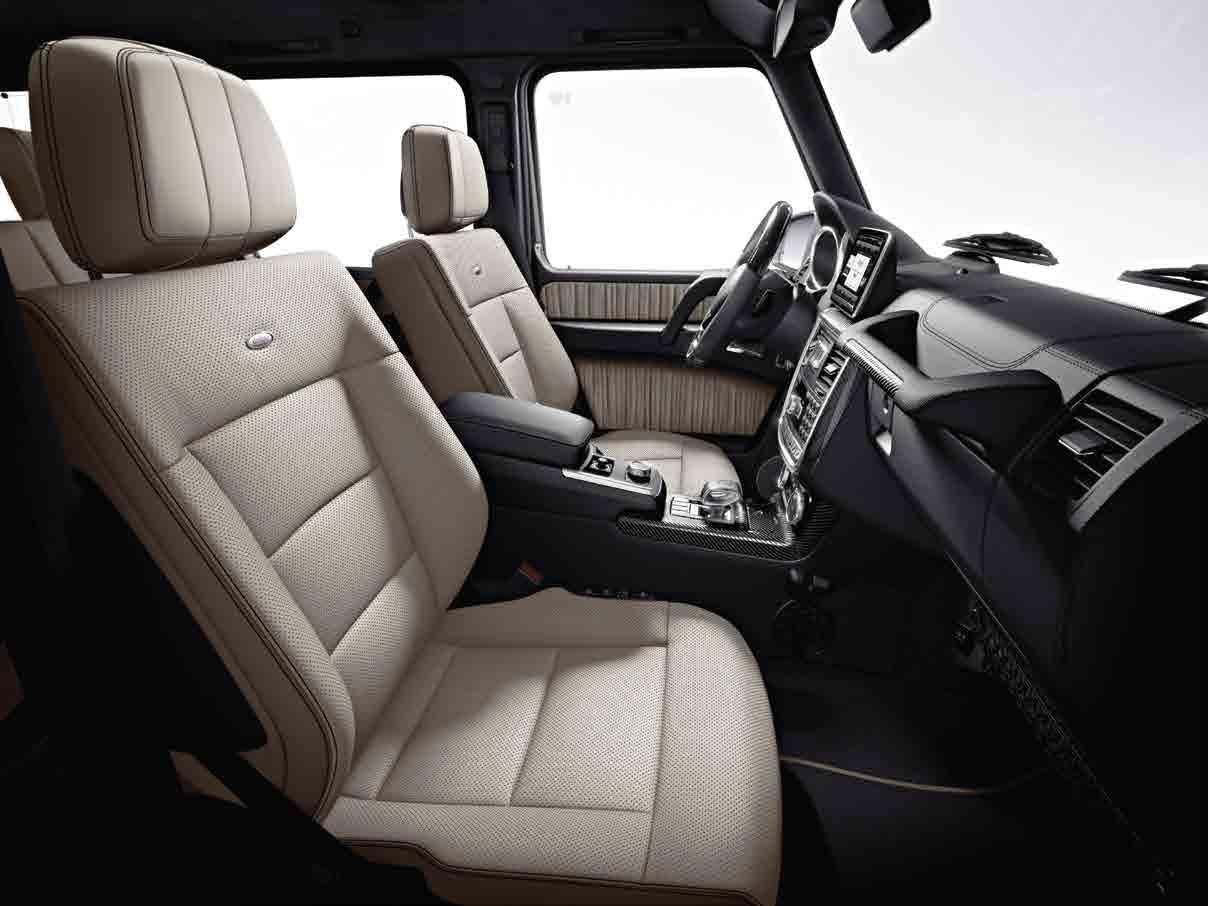
7 minute read
Global leader in automotive leather Wollsdorf
GLOBAL LEADER IN
AUTOMOTIVE LEATHER
Wollsdorf is the world’s leading manufacturer of the finest quality leather for car steering wheels. Industry Europe looks at the latest from the company.
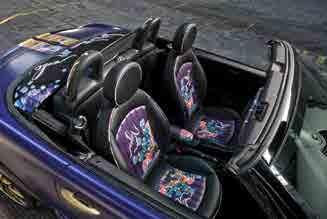
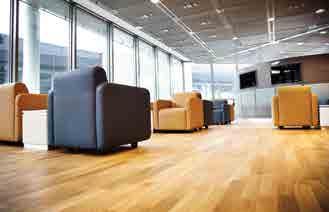
Wollsdorf is one of the leading leather producers in Europe. Its global reputation was further confirmed in September 2014 when it was announced the winner of the fourth global Tannery of the Year in Shanghai, China. This, the most prestigious award in the global tanning industry, is presented each year by the ‘World Leather’ magazine.
Wollsdorf CEO Andreas Kindermann said of the award: “This proves that our path, to produce high quality leather with character instead of a cheap product, is the right one. Our customers understand and appreciate that. We are very proud to be honoured with this award and will continue our path.”
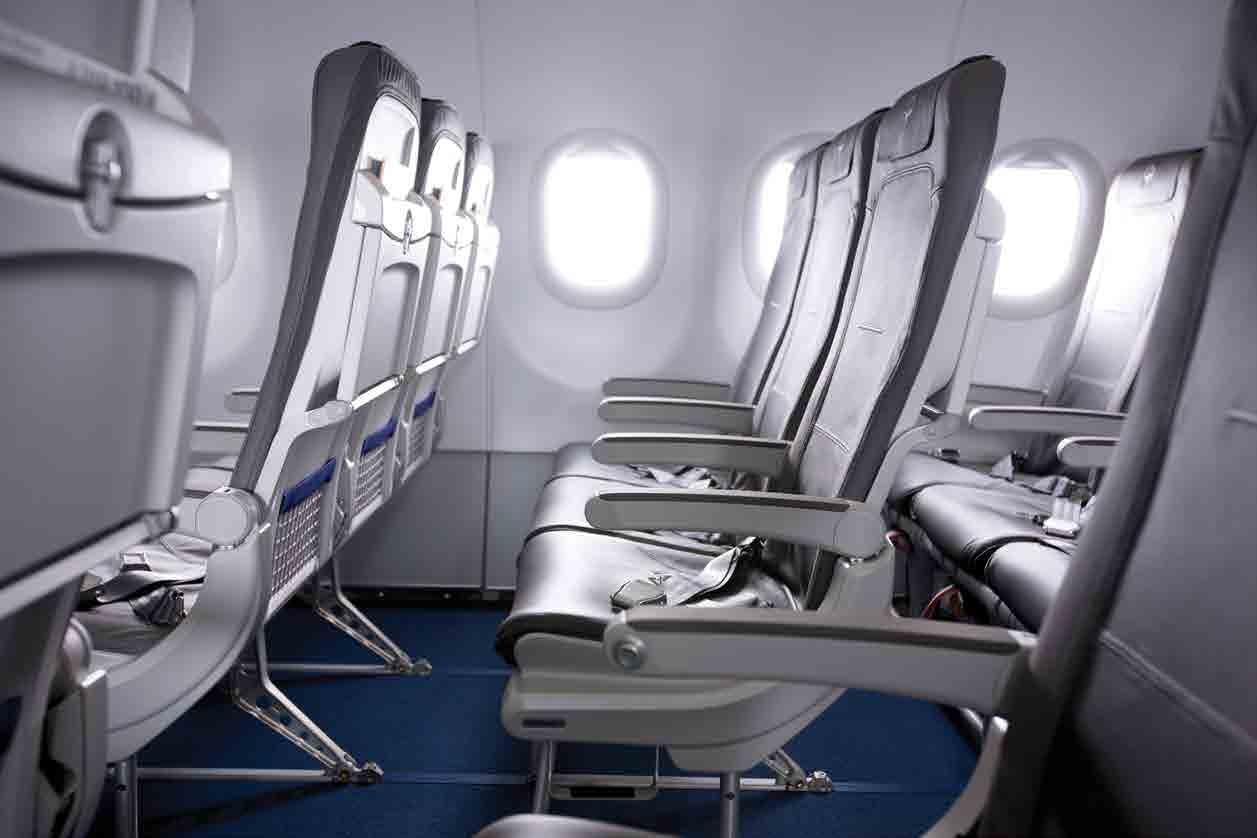
Production facilities
From its production sites in Wollsdorf and Weisz in the East Styria region of Austria, and Varazdin in Croatia, Wollsdorf produces the finest quality products for the global automotive, furniture, aircraft, marine and garment industries. Its core business is in producing premium leather for car steering wheels, an application which is the most demanding of all the uses of leather in car interiors. In fact the company is the world’s leading manufacturer of steering wheel leather; over 60 per cent of its entire production is dedicated to this application and it has about 60 per cent of the premium European market, supplying top range marques such as Audi, BMW and Mercedes. Wollsdorf also has a plant in China which produces steering wheel leather sets for the rapidly growing Chinese auto industry as well as leather covers for aircraft seats. Furthermore, in 2014 it opened is own development centre for parts and sewn seat covers.
In 2014, realising that the stamping factory in Weisz had exhausted its capacity for growth, the company made the decision to open a new stamping facility in the Croatian town of Varazdin. This town location was chosen for its strategically important location between the Wollsdorf site and some major customers in Romania. Production started here in September 2014, whilst production at the Weisz plant will be gradually ‘phased out’ up to June 2015. The new plant has an area of 9500m2 and has enabled the company to increase its volume of leather steering wheel covers from 130,000 units per week to 150,000.
The highest standards
Wollsdorf has been developing top-class quality products for the automotive industry for decades and now approximately 20,000 cars are sold each day upholstered in the company’s leather. It attributes its success in maintaining such a leading position to a unique combination of passion, technology, flexibility and innovation.
According to Andreas Kindermann, the company is very careful to maintain the high quality standards for which it is known. “Fundamentally it comes down to how well we utilise our resources,” he says, “and that includes the raw materials that we process, the craftsmanship and expertise of our staff and our care for the environment, which is, after all, another resource. We think that we do something special in all three of these areas.
“To start with, we are very careful in our selection of hides, which are all sourced from Limousin bulls in southern Germany and northern Italy. To produce the finest quality hides these cattle have to be bred and fed correctly, they have to be kept very clean to avoid skin diseases and they have to be kept in the right conditions – within cattle-friendly fences, for example, to avoid tears and abrasions. Then, in every stage of the production process, we operate rigorous inspection and sorting procedures so that we can remove imperfect hides and end up with a product that has an above average content of full-grain leather.”
Full grain leather is the product of hides that have not been buffed or sanded to remove imperfections. Mr Kindermann explains that leather producers often hide scars, insect bites and so on by embossing or working the surface structure to hide these defects. This is a perfectly acceptable practice but for its premium steering wheel leather Wollsdorf uses as much full-grain leather as possible.
A responsible producer
Wollsdorf also puts a lot of work into the education and welfare of its employees. It identifies strongly with the East Styria region of Austria but its workforce is multinational. There are people from more than 40 nations, from all over Europe and from the Americas and Asia, working under its factory roof, says Mr Kindermann.
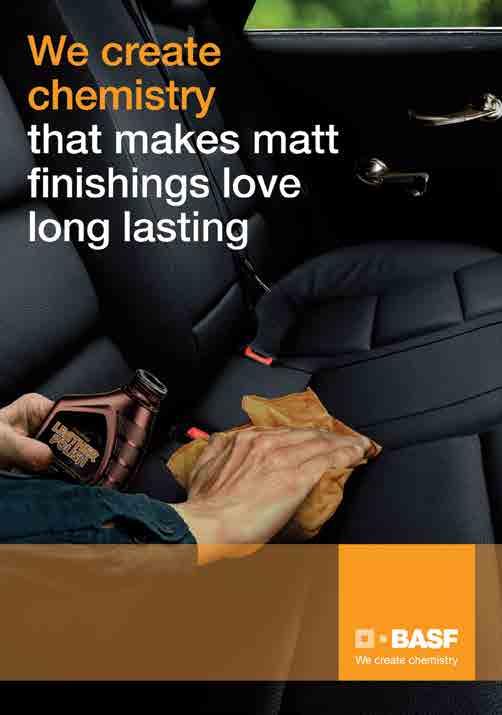


“We are committed to providing our staff with the maximum opportunities for training and advancement,” says Andreas Kindermann. “We have set up the Wollsdorf Academy and implemented a training policy that starts with the shop floor workers and goes on up through shift leaders and department managers. We want everyone, even if they have no high-school education, to realise that they can move up through the company. We have a profit share scheme and a company newsletter and I myself meet with everyone we employ in small groups each quarter to make sure they are all fully informed about the company’s progress.”
Wollsdorf is equally imaginative in developing programmes to protect the environment. In the last two years it has reduced its use of water in hide processing by 30 per cent and continues to improve the efficiency of its waste water treatment plant. This year the company has also introduced a plant that will convert animal fat into biodiesel. “We have to deal with around 10,000 tonnes of fat a year, and up to now we have just had to dispose of it as waste,” explains Mr Kindermann, “but we can now extract from this total some 1000 tonnes of clean fat which our new plant can convert into a quantity of biodiesel equivalent to half our own annual thermal energy requirements, although, in fact, we don’t use the fuel ourselves.” Lightweight solution
But Wollsdorf is also helping the environment through the development of its own products. These include a unique ‘lightweight’ leather specifically for aircraft seats. Developed together with its long-term partner Schauenburg for seats that are made by Recaro, this new product offers weight savings of some 40 per cent over traditional aircraft leather and is manufactured using an environmentally-friendly tanning process that does not require the use of chromium. The most recent order for this highly sought-after product came last year courtesy of Japan Airlines, which has been upgrading all seats on its domestic fleet – more than 50 aircraft – with lightweight leather made by Wollsdorf.
“The airline industry is very enthusiastic about our lightweight leather,” says Mr Kindermann, “which is not surprising since a weight saving of around 3kg per seat means big fuel savings in a 200 seat plane. And, of course, if the engines use less fuel they also emit less CO2. A further gain is that the lightweight construction of the seats increases the capacity per aircraft by, on average, one row of seats.”
Wollsdorf’s commitment to the highest quality secures its leading position in the market for premium leather for steering wheels but it also sees great opportunities for growth beyond the premium sector. “We supply standard leather for OEMs such as Ford and GM, particularly in North America, and although we have a smaller market share in this sector it is a very large market and we see plenty of opportunities for expansion there,” says Andreas Kindermann. “We have also entered the market for split leather – leather that is made from the inner layers of the hide – which is often used for steering wheels on popular smaller cars from VW, Opel, Fiat, PSA etc. This is a fastgrowing market right across the world and, especially, of course, in China.
“In China and across Asia the airline industry is also growing at a remarkable rate, with record numbers of new aircraft being ordered every year. So we see excellent prospects for our aircraft seat leather business around the world and our plant in China is ready to serve both the automotive and the aviation industries there as they continue their spectacular expansion.” n











